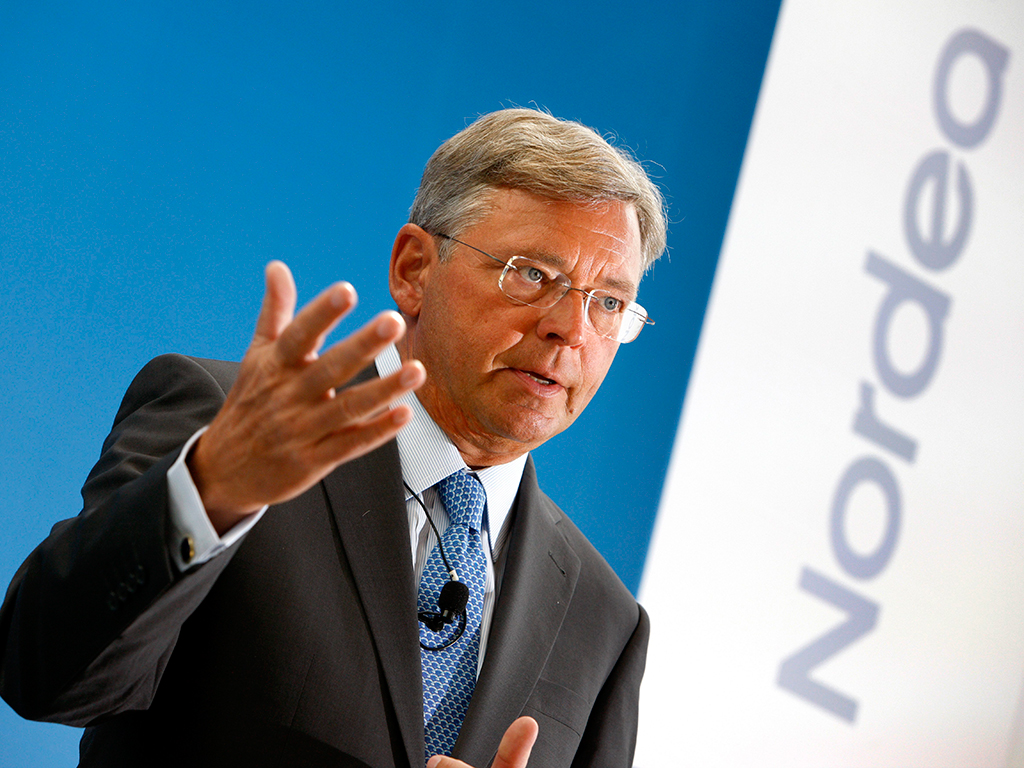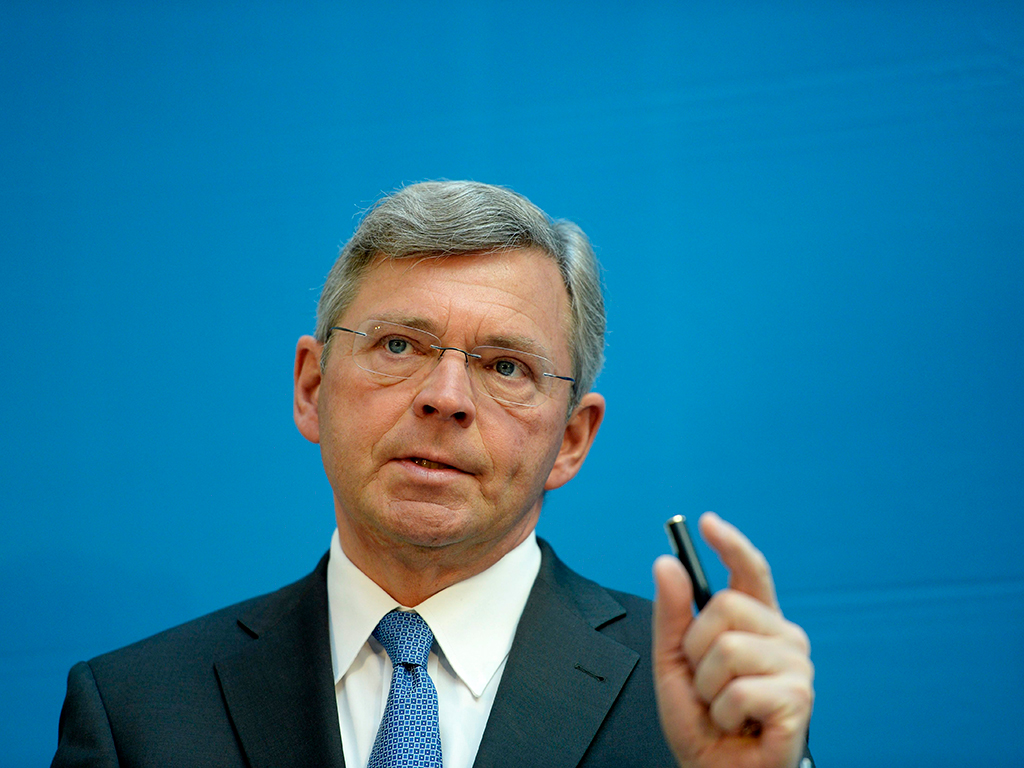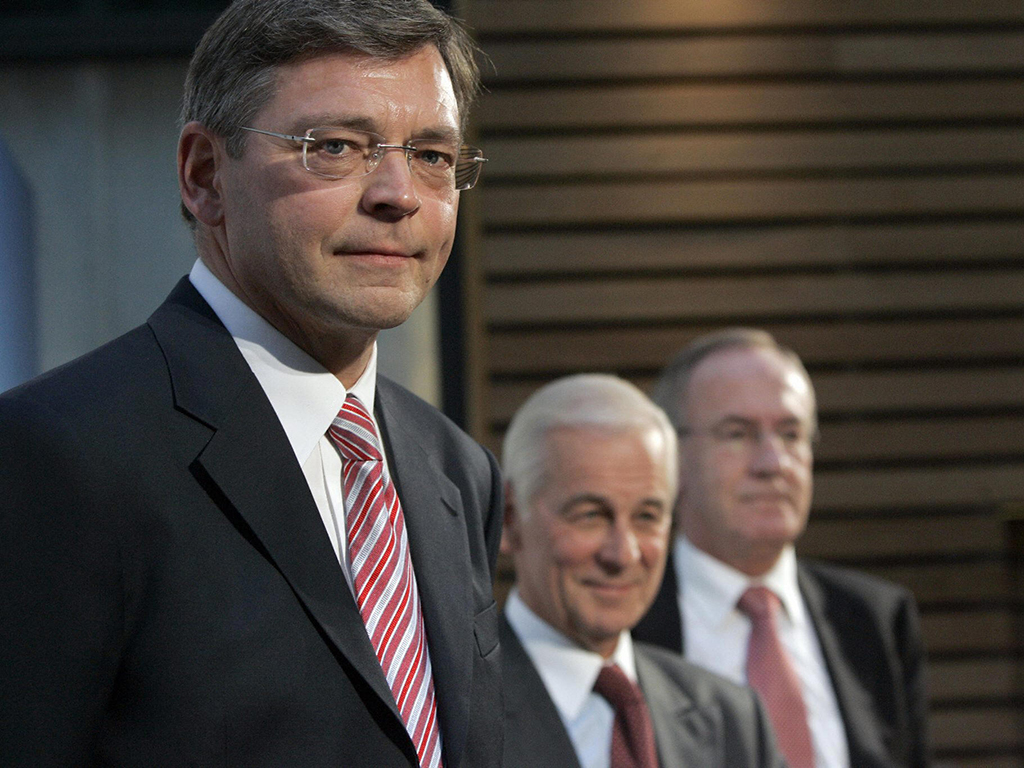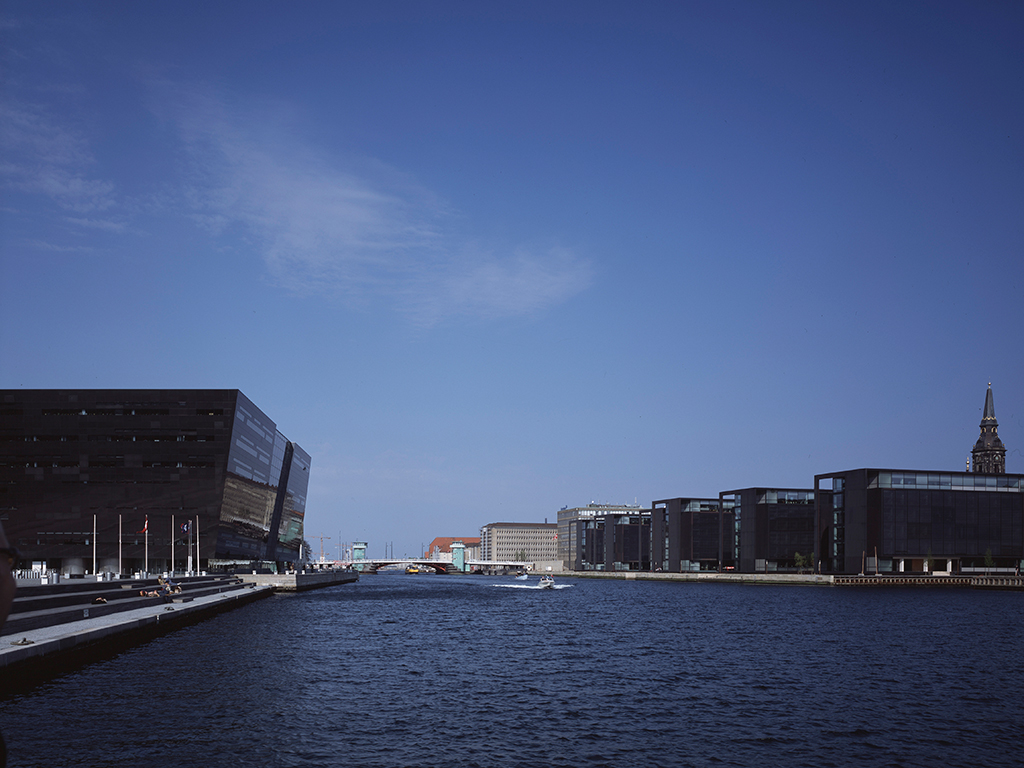
The implications of the financial crisis have forced various organisations, particularly those in financial services, to revisit the grounds on which business decisions are made and in some cases reinvent themselves from the top down to protect against further calamity. However, solutions on this scale ask a great deal of those at the helm, in the sense that fundamental change can so often amount to a difficult departure from the norm.
Christian Clausen

BORN
1955, Denmark
EDUCATION
Master of Economics, University of Copenhagen
EXPERIENCE
1975: United Credit Unions
1979: Executive Secretary, Henriques Bank
1982: Deputy, Andelsbanken
1990: MD, Privatborsen
1990: MD and CEO, Unibors Securities
1996: MD and CEO, Unibank
2001: Executive Vice-President, Nordea Bank
2007-present: CEO, Nordea Bank
2012-present: Chairman and Director, European Banking Federation
The new go-to model for financial services post-crisis is one of social responsibility and customer centricity, and it has taken the arduous work of executives such as Nordea Bank’s Christian Clausen to push this approach to the fore.
“As the last five years of recession and mediocre growth have proven, strong banks are vital not only for financial markets but for society at large,” writes Clausen in the bank’s latest corporate social responsibility report. “We recognise that we are an integral part of society, and as such, we want to do our share in creating a sustainable future.”
A journey without an end
The executive represents a new breed of banker for the post-crisis world, and his commitment to social responsibility represents but a slither of his and the bank’s focus on customer service, which has been the single-most important factor in boosting Nordea Bank’s international reputation of late.
“We know that this will be a constantly evolving, moving target,” says Clausen of social responsibility. “We are on a journey without an end as the world continues to change, we need to adapt to those changes. But we are moving along our chosen path. This is much like our commitment to great customer experiences, which is part of our DNA, but delivering on that commitment is also a constantly evolving journey.”
A commitment of this kind is a huge ask for any company, not least a bank, and yet, under Clausen’s watch, Nordea has gone from strength to strength while extending its influence to various European and international markets.
Path to Nordea
Clausen’s career began most notably in 1975 with United Credit Unions (UCU), which four years on he coincided with a stint at the University of Copenhagen, where he earned a Master of Economics qualification. After a faithful five years at UCU the Danish graduate took on the role of executive secretary at Henriques bank in 1979 and acted as a deputy at Andelsbanken through 1982 to 1987.
The 90s saw Clausen take on the role of managing director at Privatborsen and later occupy the same position at Unibors Securities until 1996. He then took the job as CEO of Unibank until 2000 and acted as a member of the executive board in his final three years there.
Clausen’s experience in the financial services industry up until that point provided him with the vital experience needed for his role at Nordea bank, which began in 2001, and where he has since played a central part in expanding the largest financial services group in northern Europe.
Nordea in numbers
2000
Founded
29,429
Employees
800
Branches
€2.47bn
Income 2013
Since taking the bank’s topmost position in April 2007, Clausen has boosted its brand identity and financial performance by quite a margin and proceeded to buck the trend with regards to the health of European banking. Whereas the vast majority of European banks have suffered setbacks as a consequence of recent crises, Nordea Bank has instead managed to expand its reach further afield and up its share of the market under Clausen.
Last year the bank boasted a total operating income just shy of €2.47bn, assets worth €630.4m, 29,429 employees and the largest customer base of any financial services institution in the Nordic region at 11 million. Central to Nordea’s success and interlinked with Clausen’s own personal philosophy is the bank’s commitment to the client in all it does, which has earned the institution a highly favourable reputation in Scandinavia.
“I’ve had the pleasure of running Nordea, which started from a very strong place and went through crisis with quarterly returns on equity that never dipped below eight percent, and no year that was less than 11 percent,” Clausen told Risk magazine.
“But despite that, there have been periods where we’ve had to question things, including the business model. I think that is true of all banks – the whole industry is revisiting even very basic questions.”
Overcoming adversity
Nordea’s impressive performance under Clausen has not been without its share of problems. Perhaps the biggest issue facing the two today is that of capital requirements, given that certain Nordic nations, in particular Sweden, play host to some of the strictest rules in Europe. What’s more, soaring property prices and ever expanding household debt levels will likely see Sweden boost its requirements further still.
Incoming restrictions could impose even tighter margins on Nordea, which has prompted Clausen to instigate a series of cuts, beginning with job losses, in order to boost capital buffers, dividend payments and overall efficiency. While the cuts have succeeded in saving some €210m through 2013 alone, the bank’s income for the year fell short of analyst expectations and impacted on Nordea’s share price.
The bank’s emboldened security and improved dividends payouts fall in line with Clausen’s commitment to the customer above all else, and although the institution has lost ground in certain areas, its reputation remains entirely intact. Clausen will be hoping that the bank’s substantial buffers and new streamline model will inspire confidence anew in the lender, as it continues to overturn the common perception of banks acting irrespective of the customer.
“We believe that people make the difference,” writes Clausen in the firm’s annual report. “When each and every one of us takes personal responsibility and when we team up and work together smoothly and efficiently across business areas, we deliver value to our customers.”
Nordea Bank in pictures




